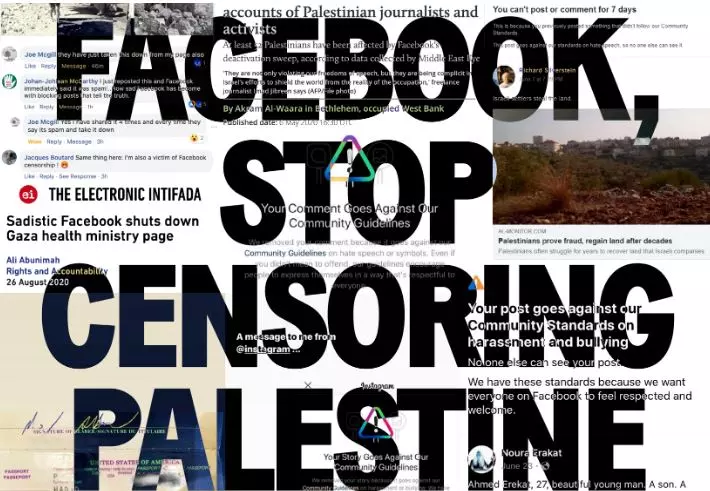
Social media giants fail users by suppressing pro-Palestine voices through censorship
text_fieldsSocial media platforms are reportedly imposing censorship of pro-Palestine content, fuelling concerns about freedom of expression amid the ongoing Israel-Hamas conflict. Users are reporting that posts with hashtags such as "FreePalestine" and “IStandWithPalestine” are being obscured, while others claim their content is arbitrarily removed.
Meta, the parent company of Instagram, attributes the diminished reach to a bug, while TikTok denies political bias in content moderation.
Civil rights groups are sceptical of the platforms' denials, asserting that there is a disproportionate censorship of Palestinian voices. Activists argue that posts expressing support for civilians affected by the conflict are being targeted, leading to a stifling of information and narratives critical to understanding the situation.
Users who feel their content is being suppressed have turned to creative workarounds, such as altering keywords to outsmart algorithms. This comes as part of a larger trend where individuals are adapting their communication strategies to navigate the increasingly complex landscape of content moderation.
The European Union's Digital Services Act (DSA), passed in July, seeks to regulate major tech platforms and ensure digital security while safeguarding users' freedom of expression. Under the DSA, transparency in content moderation, including shadow banning, is mandated.
However, doubts persist about the practical efficacy of the DSA, with experts suggesting challenges in prosecuting such behaviour compared to addressing the spread of misinformation.
Critics argue that the alleged censorship not only raises concerns about freedom of expression but also has real-world implications for journalists, civil society, and human rights defenders. They emphasize that maintaining an open flow of information during crises like the Israel-Hamas conflict is crucial for understanding the context and impact on affected communities.
This is not the first time social media platforms have faced accusations of censoring Palestinian voices. Past incidents and an independent report commissioned by Meta after the 2021 Israel-Gaza conflict highlighted negative effects on the human rights of Palestinian users, including limitations on freedom of expression and political participation.
A Florida-based law firm focused on assisting American Muslims has set up a platform for users to share their experiences of social media censorship related to pro-Palestine content. The firm aims to address these concerns with the platforms directly, highlighting the essential role social media plays in pushing back against misinformation and exposing events like the ongoing conflict.
Users argue that recognition of the platforms' role in providing information during critical moments is crucial for safeguarding freedom of expression and mitigating the potential human rights impact of censorship.























